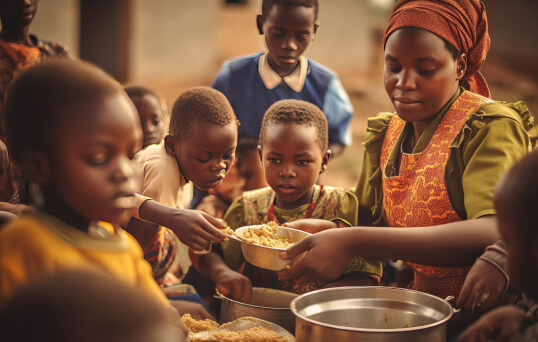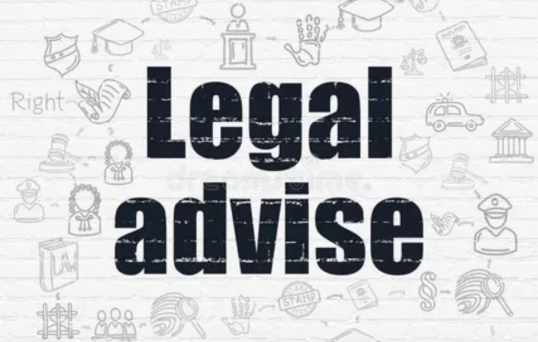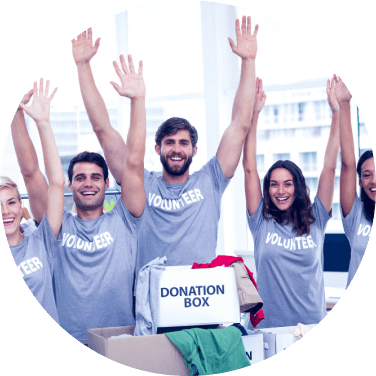
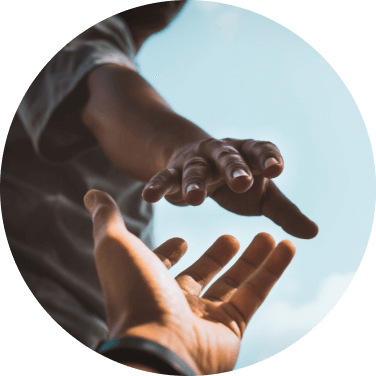
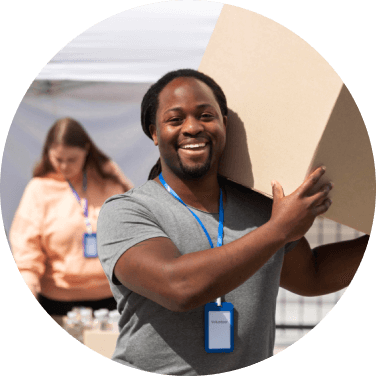
Our Projects and Programs
As a free legal services providing not for profit organisation based in Nigeria, serving the West African subregions. We have Eight Strategic Projects and Programs to Protect Human Rights and Assist Vulnerable people and Communities. And we are seeking sponsors to fund these projects. In Nigeria, a significant proportion of the population faces various challenges, ranging from poverty and illiteracy to systemic discrimination and human rights abuses. Many of these individuals and communities lack the resources or knowledge to assert their rights, which leads to marginalization and oppression. A free legal services not for profit organisation like Sagelawyers Humanitarian Foundation plays a crucial role in empowering these vulnerable populations, protecting their rights, and ensuring access to justice. The following seven strategic projects or programs are from our experience particularly impactful in helping to protect human rights and serve indigent individuals and communities in Nigeria.
PUBLIC INTEREST LITIGATION PROJECT
Public Interest Litigation, litigates strategic and public interest cases that have the potential to improve the law and make a difference in peoples’ lives. The programme is active in its own litigation projects, as well as in supporting the litigation of Sagelawyers Humanitarian Foundation other programmes.
The Project’s objective is to use the law as a positive instrument for change and to deepen the democratisation of Nigerian society. To this end, it provides legal services free of charge to vulnerable, marginalised, and indigent individuals and to communities whose constitutional rights have been infringed. The Project has achieved many successes since its inception in 2018. It focuses much of its attention on ensuring just administrative action for indigent persons and communities. A considerable amount of time is also spent on detention without trial and labour matters, as well as combatting unfair discrimination.
The Project features four distinct units:
- The Police Arrest and Detention Monitoring Unit
- The Right to Protest Unit
- International Criminal Law Unit
- The Labour Law Unit
Labour Unit
Sagelawyers Humanitarian Foundation has a long and successful track record as an advocate for human rights in the workplace. The Programme’s labour unit specialises in litigating on behalf of workers, focusing primarily on the rights of low-income workers in vulnerable employment settings. To strengthen protections for to low-paid and precarious workers, we have been involved in the national campaign against labour broking. As a part of this campaign we seek to improve workers’ access to justice, to prevent employers from escaping their legal responsibilities, and to ensure that all workers are treated fairly. Sagelawyers has represented groups of workers at various arbitrations and Labour Court reviews. Sagelawyers has also intervened in several strategic matters that have set out the proper interpretation and application of laws enacted to protect labour broker workers.
Protest Unit
At Sagelawyers, we believe that the right to protest lies at the heart of Nigeria’s modern democracy. The right to protest is an essential element of a free society, a sword with which to attack unjust systems and a shield against unfair treatment. Sagelawyers stands for everyone’s right to protest in Nigeria. Sagelawyers ’s protest unit uses litigation and public education initiatives to guard protesters against unfair treatment.
International Criminal Law Unit
International criminal law deals with the criminal responsibility of individuals for the most serious violations of human rights and international humanitarian law. The main categories of international crimes are war crimes, crimes against humanity, genocide, and the crime of aggression. Sagelawyers recognises that criminal accountability for the most heinous crimes is critically important to providing victims with redress and justice, as well as to deterring future violations. These types of crimes not only affect a considerable number of victims, but they also destabilise regions and economies. We are committed using litigation as tool towards ensuring Nigeria’s judicial system plays its part in upholding International Criminal Law.
The Police Arrest and Detention Monitoring Unit
This is one of the greatest challenges faced by indigent and vulnerable Persons in Nigeria. Police brutality and indiscriminate arrest and detention without trial.
At Sagelawyers Humanitarian Foundation we stand for the rule of law and defend the rights of people to lawful arrest, detention and fair trials, within the armbit of the law.
Free Legal services for Victims of Gender-Based Violence (GBV)
Gender-based violence (GBV), including domestic violence, sexual assault, and trafficking, is a pervasive issue in Nigeria, with women and girls bearing the brunt of the impact. A legal aid program specifically tailored for victims of GBV can provide essential services such as legal representation, counseling, and referrals to shelters and other support systems. This program can assist victims with: Sagelawyers Humanitarian Foundation helps in Filing complaints and legal proceedings: Many women face difficulties in navigating the legal system. We help victims file police reports, secure protection orders, and pursue legal action against perpetrators. Awareness and education: By educating women on their rights, we ensure that survivors understand their legal options and protections under Nigerian law, such as the Violence Against Persons Prohibition (VAPP) Act. Community outreach and advocacy: This is another important aspect what we do, we advocate for policy reforms to strengthen laws on GBV and work to reduce the stigma and barriers faced by survivors in seeking justice. By addressing GBV, we play a transformative role in reducing gender inequality and empowering women in Nigeria.
Advocacy and Legal Support for People with Disabilities (PWDs)
In Nigeria, people with disabilities (PWDs) often experience widespread discrimination, limited access to public services, and exclusion from educational and employment opportunities. We have this program focused on advocating for PWDs' rights and providing legal services can include: Legal representation in cases of discrimination or denial of rights: This involve taking on cases where PWDs face exclusion from schools, workplaces, or public spaces, and fighting for inclusive policies. Public awareness campaigns: Educating the public on the rights of PWDs, especially in relation to the Discrimination Against Persons with Disabilities (Prohibition) Act 2018, and promoting inclusion. Advocating for accessibility: Ensuring that PWDs have access to government services, public infrastructure, and transportation systems that accommodate their needs. Providing assistance with legal documentation: Helping PWDs acquire identification documents such as birth certificates, which are crucial for accessing social services. Through this program, we help build an inclusive society where PWDs have equal opportunities and access to their rights.
Defending the Rights of Street Children and Orphans, especially in the Northern part of Nigeria.
Street children and orphans in Nigeria are among the most vulnerable groups, often subjected to abuse, exploitation, and lack of basic needs. As legal services NGO we are to implement a project aimed at protecting their rights, which would involve: Legal representation in custody or adoption cases: Ensuring that children’s rights are protected in the event of abuse or illegal child labor and providing legal aid to secure safe and lawful guardianship or adoption. Access to education and healthcare: Advocating for street children to be enrolled in schools and provided with access to essential healthcare services. Shelter and rehabilitation services: Working with partner organizations to offer safe housing and rehabilitation programs for children living on the streets, as well as addressing their immediate legal needs. The program would advocate for the enforcement of national and international laws protecting children, such as the Child Rights Act of 2003, and push for better support systems for orphans and street children.
Legal Empowerment of Rural and Indigenous Communities
Many rural and indigenous communities in Nigeria are often marginalized, with little access to legal resources, leading to their rights being violated by powerful interests, including corporations, government officials, and even individuals. We have this legal services program aimed at rural and indigenous populations could focus on: Land rights and environmental justice: Providing legal support for communities facing land grabbing or environmental degradation due to extractive industries, such as mining and oil extraction. This include assisting in land disputes and ensuring that communities are compensated for environmental harm. Advocating for cultural rights: Protecting indigenous customs, practices, and land ownership from exploitation or illegal actions by outside interests. Training local leaders: Empowering community leaders by training them on legal literacy, especially in land rights, environmental laws, and human rights. This would build local capacity to resist exploitation and advocate for the protection of their rights. This initiative would help to secure the rights of rural and indigenous communities, safeguard their heritage, and ensure that they have a voice in decision-making processes that affect them.
Prison Reform and Legal Assistance for Inmates
The Nigerian prison system faces significant challenges, including overcrowding, lack of basic amenities, and delayed justice for inmates. Many incarcerated individuals, particularly those from indigent backgrounds, are unable to afford legal representation to challenge their cases. This strategic program focused on prison reform and legal aid and involve: Legal representation for indigent inmates: Providing free legal services to those in prison who cannot afford private legal counsel, including assisting with appeals, bail applications, and sentence reductions. Advocacy for prison reforms: Pushing for better prison conditions, including improved healthcare, access to legal representation, and humane treatment for inmates. Rehabilitation and reintegration programs: Working to provide education and skills training for inmates, preparing them for reintegration into society after release. Through this program, we address issues of justice delay, overcrowding, and human rights abuses in the prison system, while promoting the rehabilitation and reintegration of ex-offenders into society.
Supporting the Rights of Migrants and Refugees
Nigeria is a source, transit, and destination country for migrants and refugees, many of whom face severe challenges, including detention, exploitation, and human trafficking. We have this program supporting the rights of migrants and refugees which include: Legal aid for refugees and asylum seekers: Providing legal support to individuals seeking asylum in Nigeria, ensuring they are not unlawfully detained or deported. Combatting human trafficking: Offering legal assistance to victims of human trafficking, helping them escape exploitation and navigate the justice system. Awareness and education: Educating migrants about their rights and available resources, as well as advocating for government policies that uphold international refugee conventions. By offering comprehensive legal services, we can improve the lives of migrants and refugees and ensure that Nigeria upholds its commitments under international law regarding human rights and refugee protection.
Youth Rights and Legal Literacy Program
Many young people in Nigeria, especially in urban slums and rural areas, are unaware of their legal rights, which can leave them vulnerable to exploitation, human trafficking, and other abuses. This youth rights program focus on: Legal education and empowerment: Providing young people with knowledge of their legal rights through workshops, seminars, and community outreach, particularly focusing on issues such as child labor, sexual harassment, and their rights within the criminal justice system. Supporting youth leaders: Identifying and training young leaders in local communities to advocate for their peers and act as legal ambassadors who can help prevent abuses. Creating safe spaces for youth: Partnering with local organizations to create youth-friendly spaces that provide education, mentorship, and access to legal services in the event of rights violations. This program would contribute to the long-term empowerment of Nigeria’s youth by equipping them with the tools and knowledge to protect themselves and stand up for their rights.
Free Legal services for Not For Profit Organisations.
Not For Profit Organisations in particular suffer all kinds of injustice and mistreatment in the hands of over zealous law enforcement agents in Nigeria. That’s why we put this program together to make sure that their rights are protected within the armbit of the laws.
CONCLUSION
By focusing on these eight strategic projects, our free legal services in Nigeria can have a profound and lasting impact on vulnerable populations, if we have access to enough resources, ensuring that their human rights are protected, that they receive access to justice, and that they are empowered to lead better lives. Such programs would not only address immediate legal needs but also work toward creating systemic changes that promote human dignity and equality across the nation.



